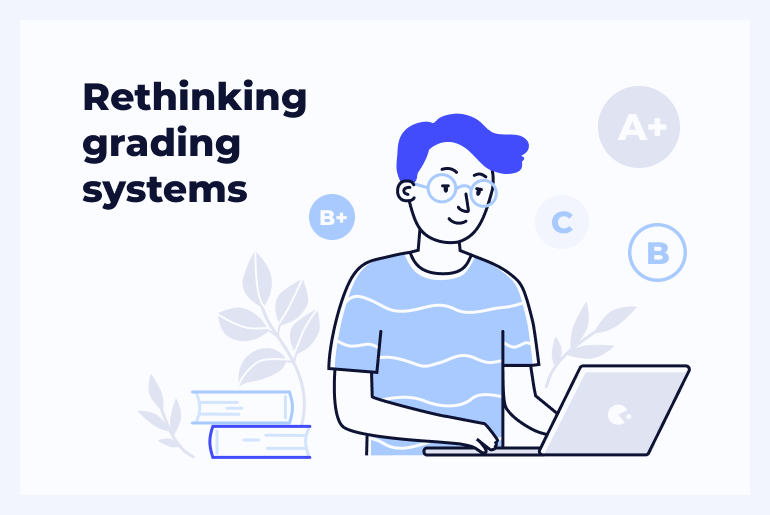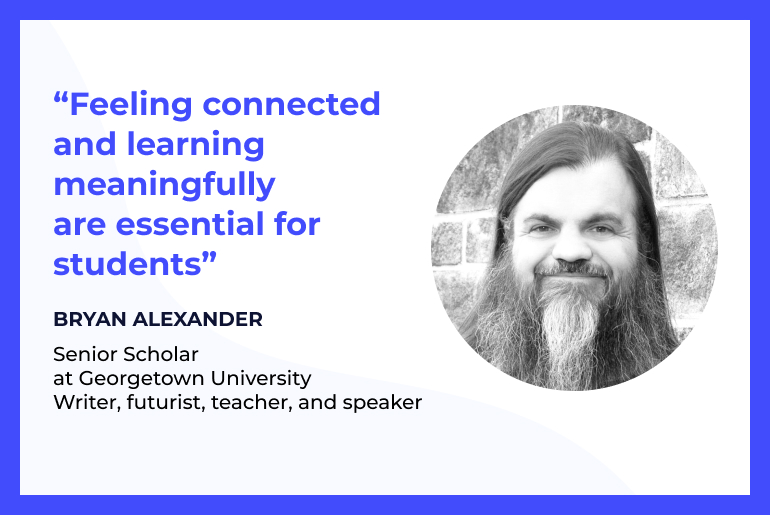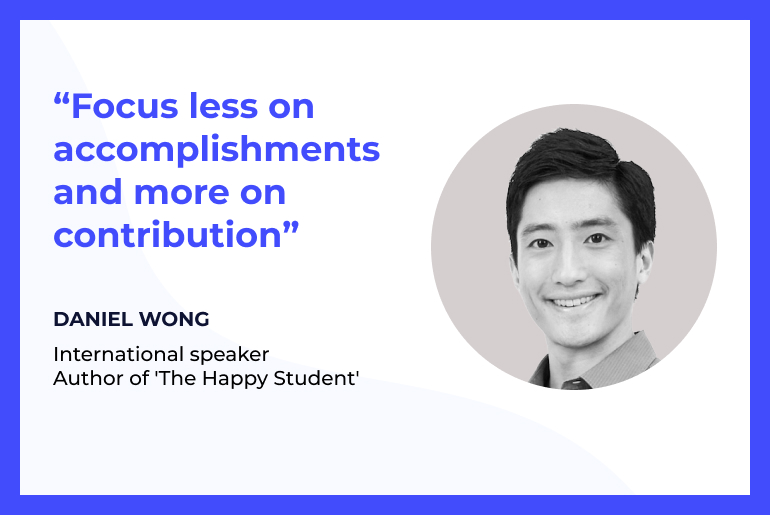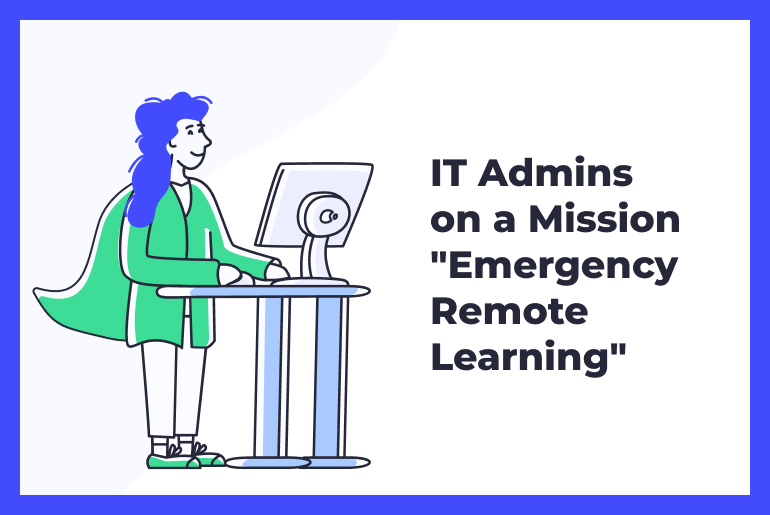High schools, colleges and universities alike are slowly being allowed to reopen. While educators have previously been struggling with making the switch to online classes, now they’re trying to answer tougher questions involving schools reopening amid pandemic.
When exactly should schools reopen? Should they open to all students, or only those who need to use school facilities for their learning? And of course, the question of what safety measures need to be put in place. The answers to these questions can’t be taken lightly, as they’ll affect at least 1.4 billion students worldwide.










